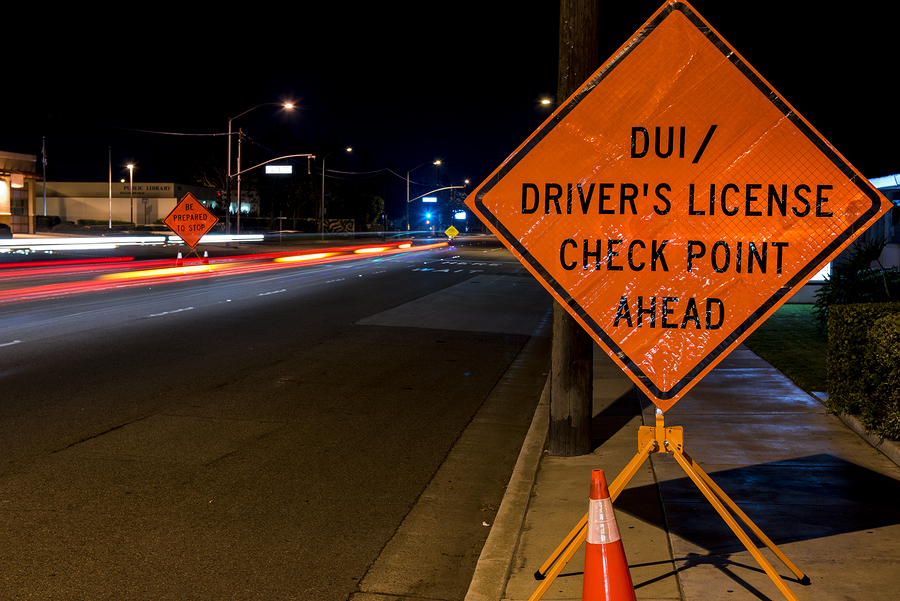 If you’ve been arrested for a DUI, you may be concerned about the impact on your security clearance—will it be revoked?
If you’ve been arrested for a DUI, you may be concerned about the impact on your security clearance—will it be revoked?
The first step is to report the DUI arrest immediately to your site FSO, Facility Security Officer. Even if you feel the charges are false or unfair, you are obligated to report it. If you fail to report the arrest, the likelihood of your security clearance being revoked is increased.
If this is your first DUI, it is unlikely to result in revocation of your clearance, unless there are additional circumstances. However, the rules are not the same across the board because of the various levels of security clearances and types of issuing organizations.
Even if your clearance is maintained, you will be required to address the arrest or conviction when it comes time for clearance renewal. The government may look to see if you have taken measures to mitigate instances of driving after consuming alcohol, or if you changed the circumstances that led you to drink and then drive.
For example, one defense contractor explained that excessive alcohol consumption overall contributed to behaviors that led to his DUI. To mitigate circumstances leading to excessive alcohol consumption, he reported that after his DUI he decreased events that encouraged it, such as limiting formerly frequent fishing trips.
Keep in mind the “whole person” concept is used when granting or adjudicating clearances. There are 13 guidelines considered when evaluating the “whole person.” Several of the guidelines may relate to a DUI conviction, including the alcohol consumption guideline, which states that “excessive alcohol consumption often leads to the exercise of questionable judgment or the failure to control impulses, and can raise questions about an individual’s reliability and trustworthiness.”
Additional guidelines potentially related to DUI convictions include: covering personal conduct; psychological conditions; drug involvement, and criminal conduct. Clearly, drinking while driving could call into question reliability, trustworthiness and good judgment—the three primary traits the “whole person” concept seeks to ascertain.
An attorney with experience in the adjudication process, local courts and DUI law is essential to effectively reduce the impact of a DUI on your security clearance. Give the expert attorneys at Nichols, Zauzig Sandler, P.C. a call to find out how we can help you toward the best possible outcome.
DISCLAIMER: The results of every case depend on factors unique to that case, and NZS Law does not guarantee or predict results in similar cases.



